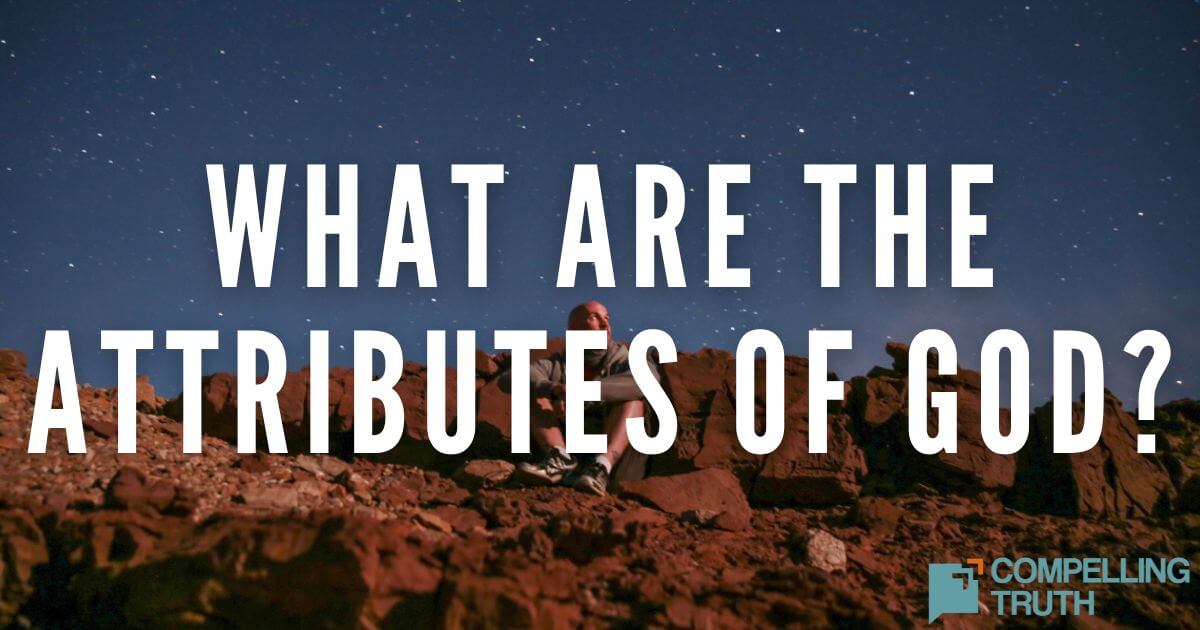what does the bible say?
Hagar calling God “the God who sees” was her way of acknowledging God’s omniscience and omnipresence. Sarah (Sarai) had given Abraham (Abram) her Egyptian servant, Hagar, as a surrogate (according to a practice of the day) to have a son for her. But after Hagar conceived, she “looked with contempt” at Sarai (Genesis 16:4). This led Sarai to treat Hagar harshly, causing Hagar to flee to the wilderness (Genesis 16:4–6). An angel of the Lord appeared to her, told her to return and submit to Sarai, and promised to bless her child (Genesis 16:7–12). This angel also tells Hagar “the LORD has listened to your affliction” (Genesis 16:11). Hagar responds, "You are the God who sees me…I have now seen the One who sees me" (Genesis 16:13, NIV). God had made no promises to Hagar like He had to Abraham and Sarah, yet He still saw her affliction, provided for and blessed her, and multiplied her offspring (Genesis 16:10). Hagar acknowledged the all-powerful, all-knowing, and all-loving God. As Hagar’s story shows, Our Lord is aware of even the smallest details in our lives (Psalm 139; Matthew 10:29–31). He also sees the evil in the human heart (Jeremiah 17:9–10; 23:24; John 2:24–25). He is, as Hagar acknowledged, the God who sees.




